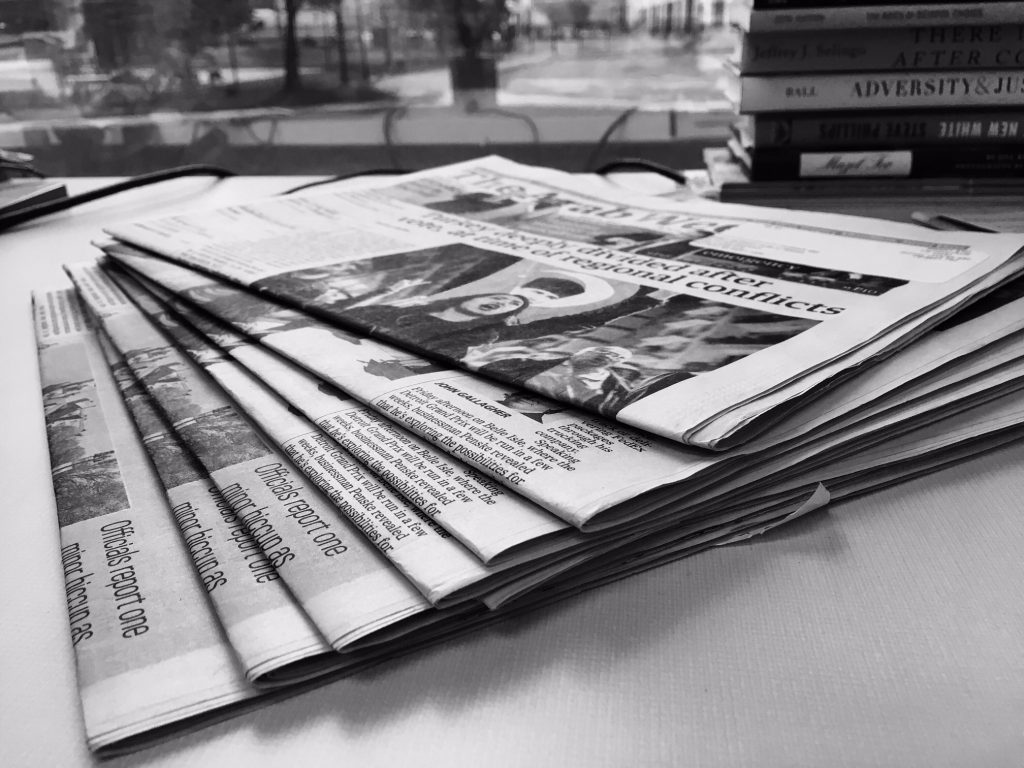The Weaponizing of ‘Fake News’ in Modern Politics
What qualifies as ‘fake news?’


Over the course of his Presidency, Donald Trump has latched onto the term “Fake News” to describe any media coverage he finds displeasing. From the Russia investigation, to claims by numerous women of sexual assault, Trump has been liberal in assigning the term to a variety of stories.
Trump’s use of the phrase isn’t about whether or not something has merit or significance, but has been used by the president (and now many other politicians) to be dismissive of well-reported stories they find to be distasteful or uncomfortable.
Lee Wilkins, professor at Wayne State and chair of the Department of Communications, joins Detroit Today with Stephen Henderson for a spirited discussion of the origin of fake news, as well as the role of journalists in the Trump era. She says the motivation behind many of the fake news stories outside of the US wasn’t to convince the American people.
“Much of the fake news generated outside the U.S. was done for one reason and one reason only. It wasn’t to convince you, it was pure, old-fashioned greed.”
She also acknowledges the difficulty journalists face of challenging pre-existing world views people hold.
“One of the problems that journalists have is, how do you provide people that have a world view that is well shaped for them and has served them, with information that may disrupt that world view, and do it in a way it gets taken seriously and allows people to say ‘I haven’t thought about it like that before.'”
Click on the audio player above to hear the full conversation.
